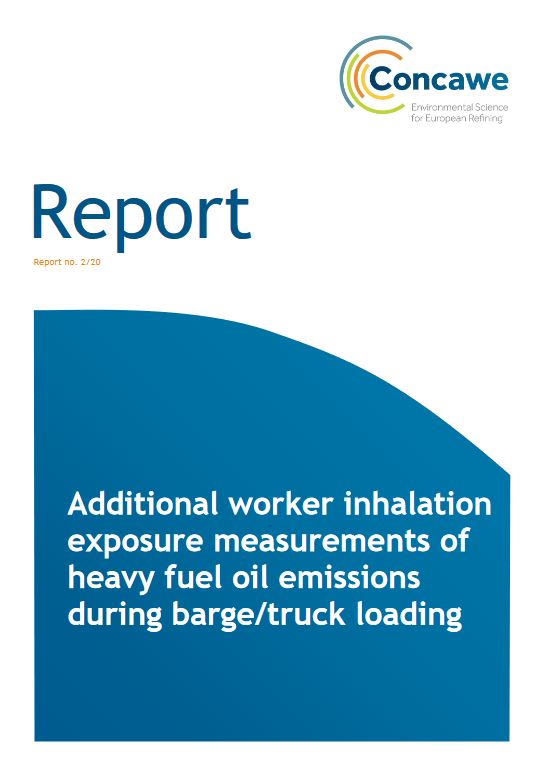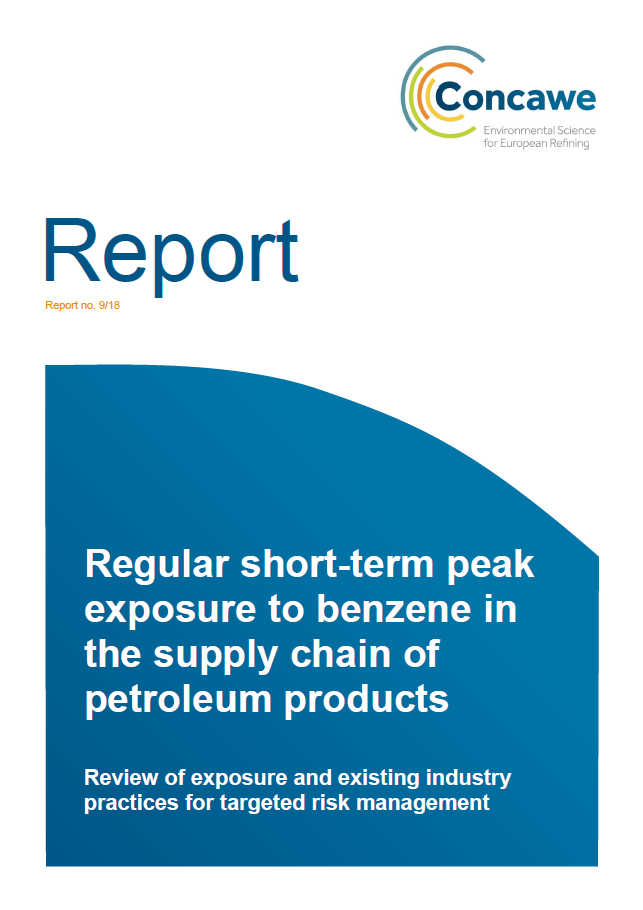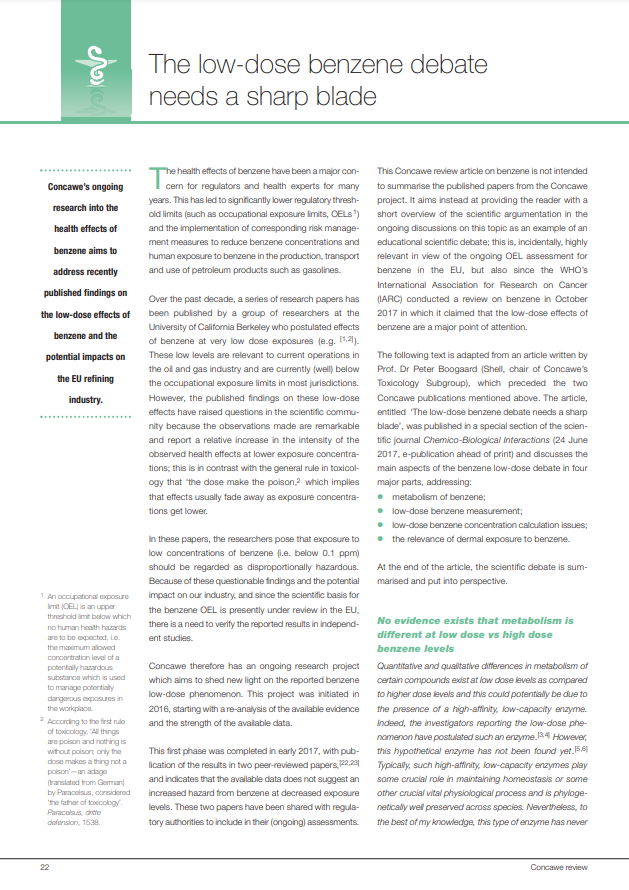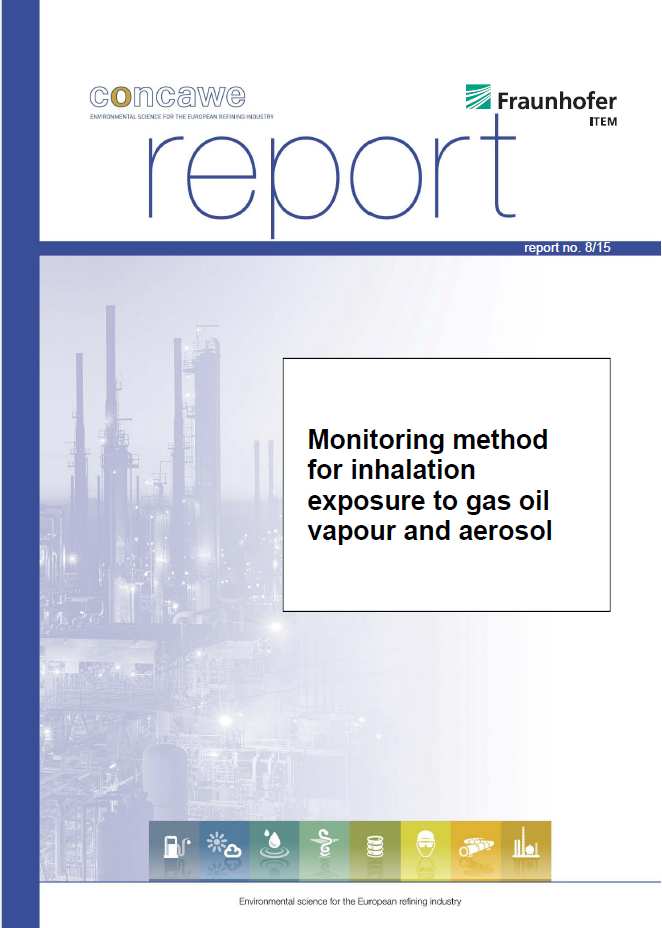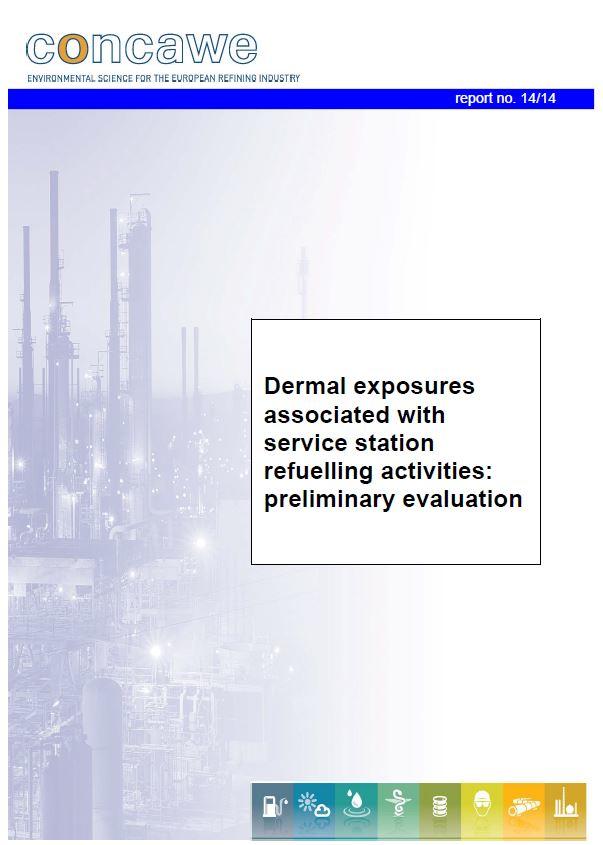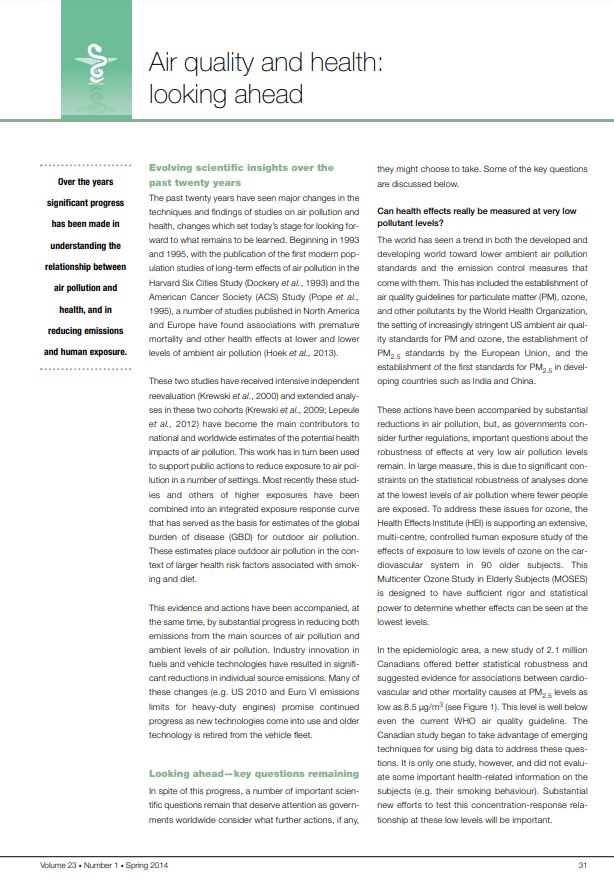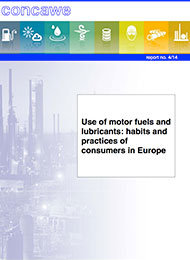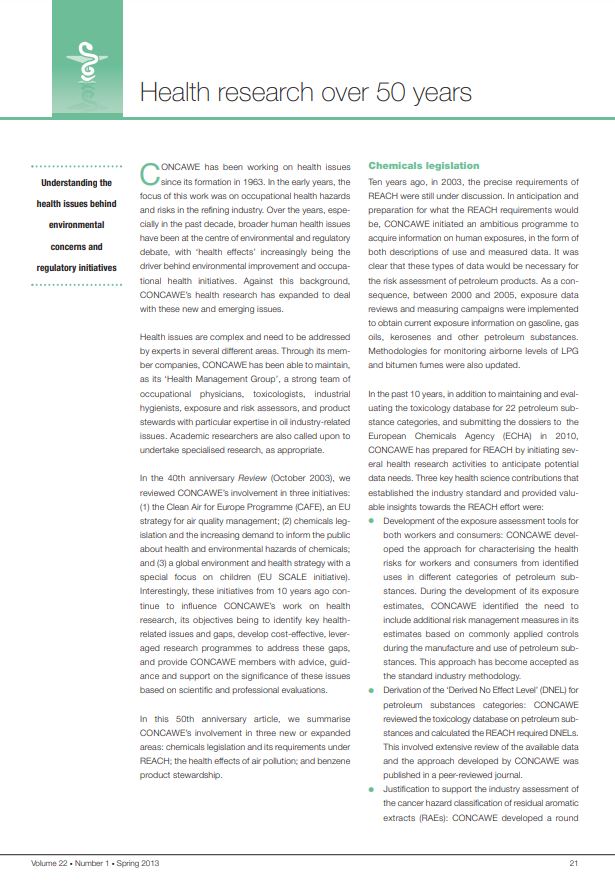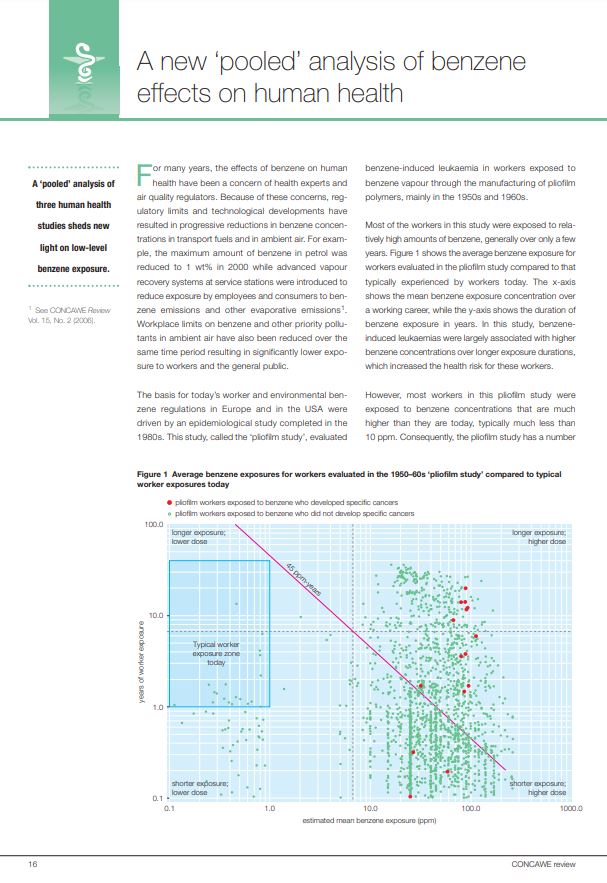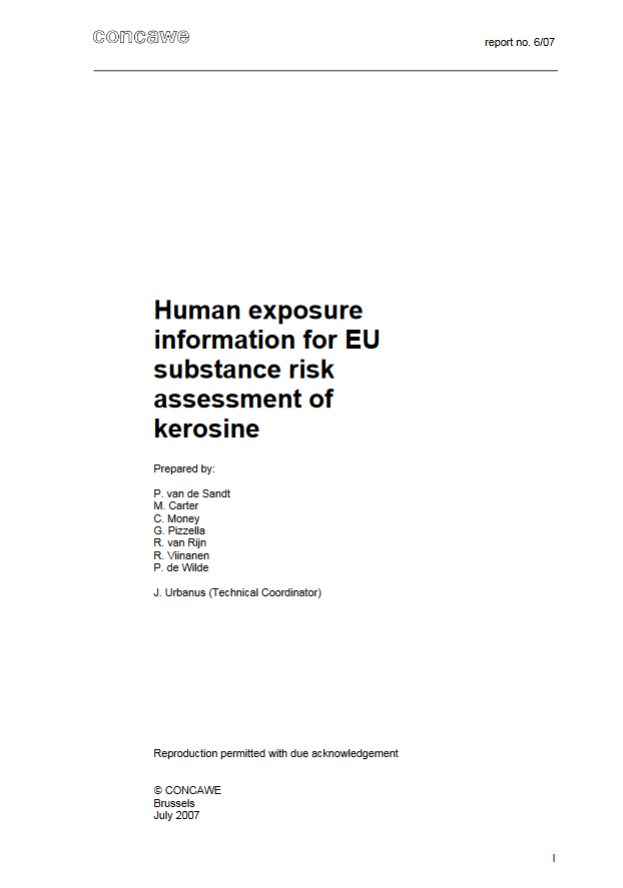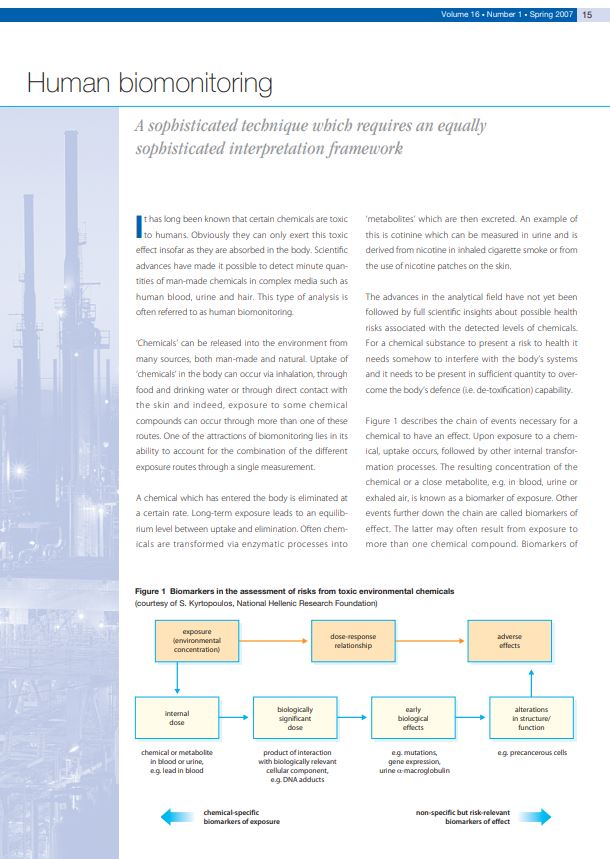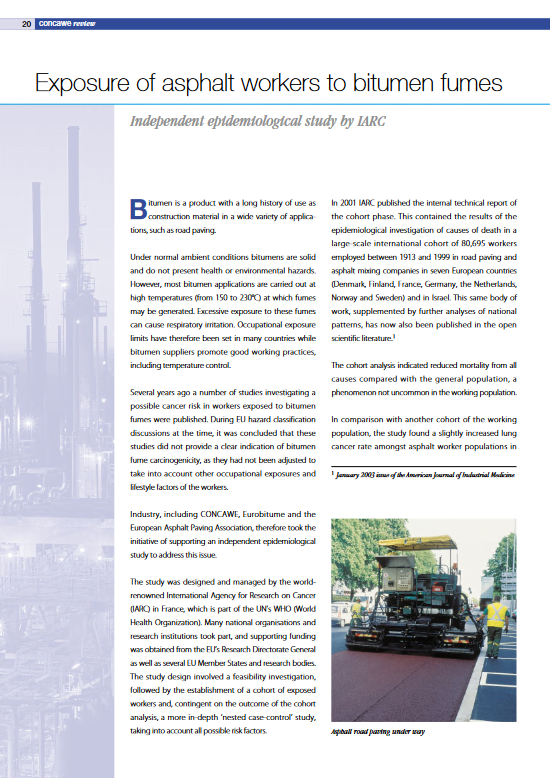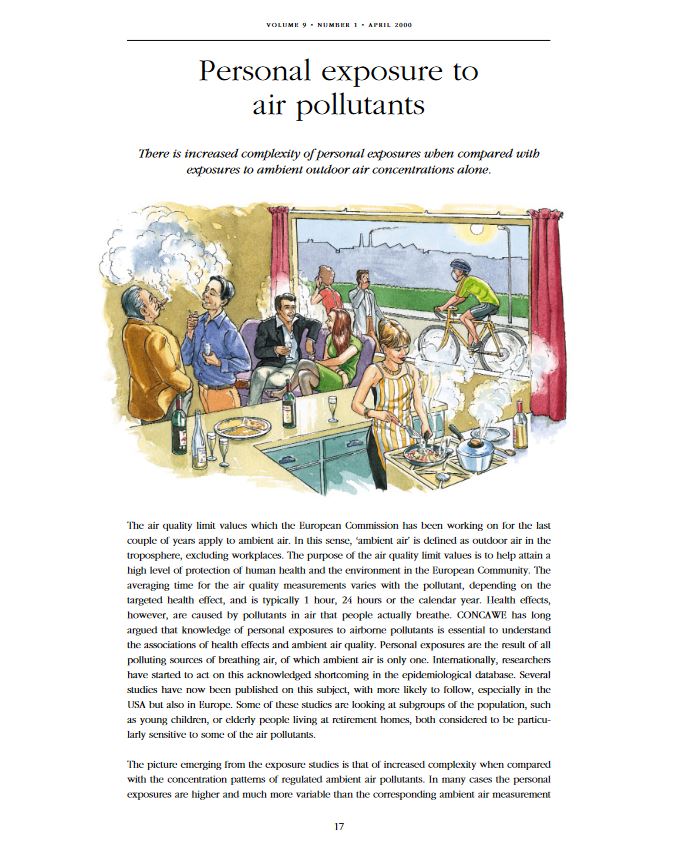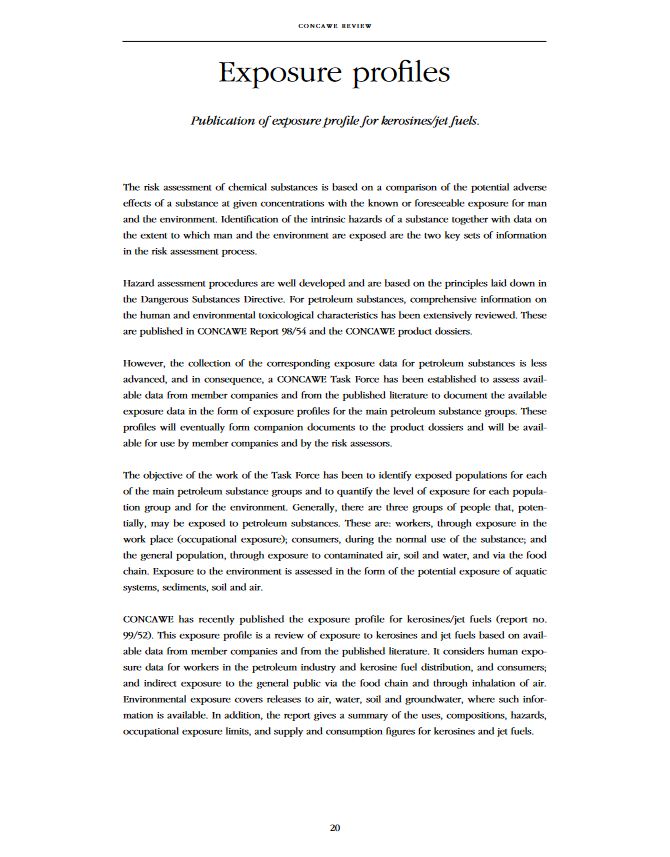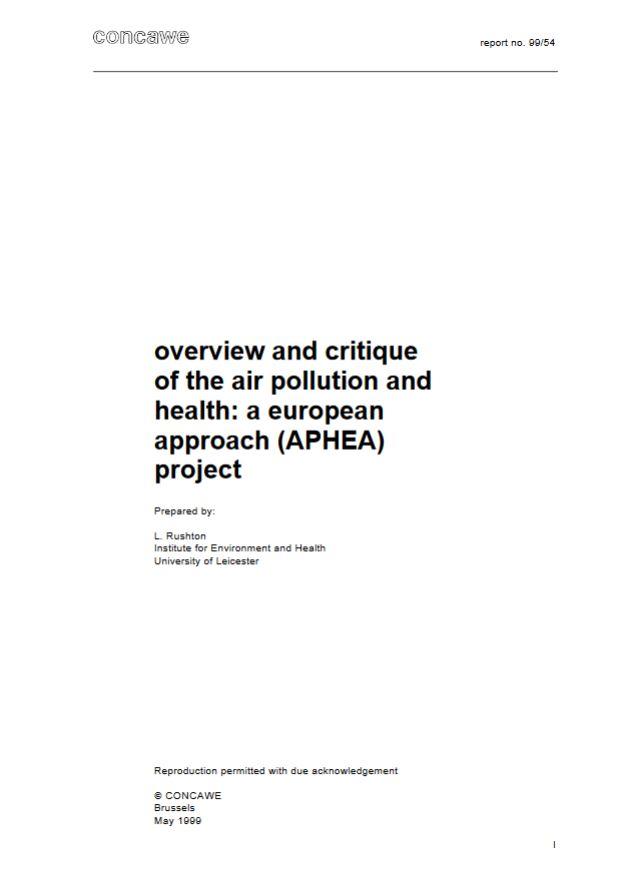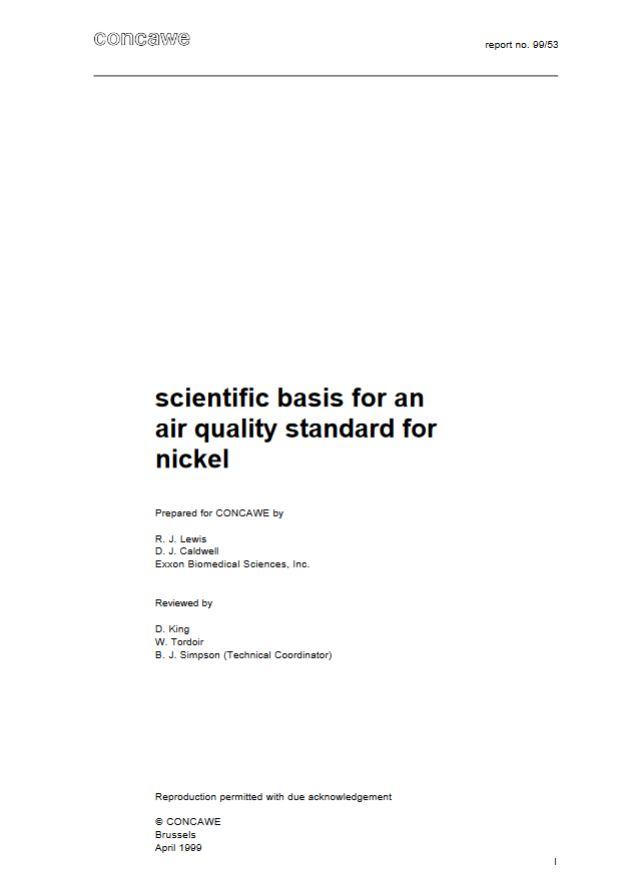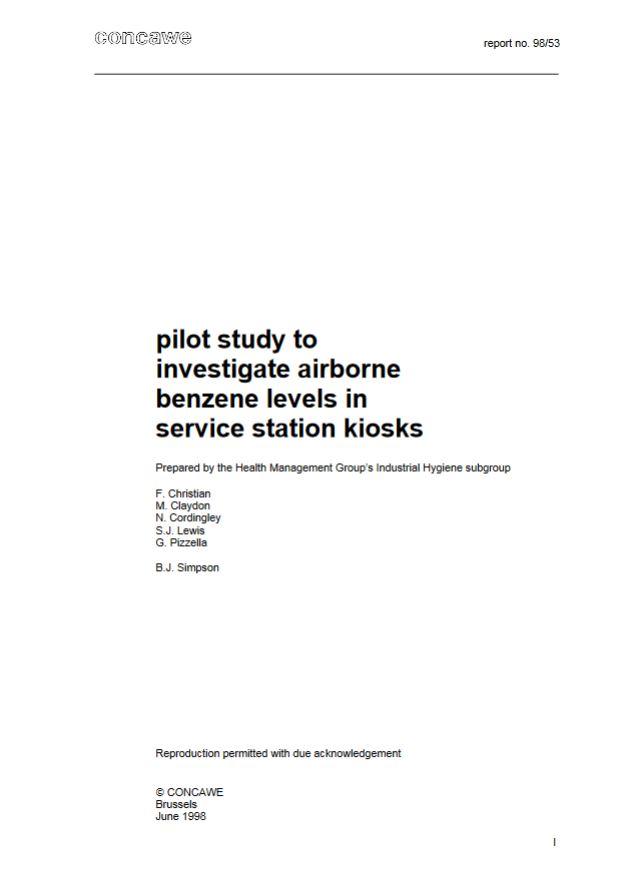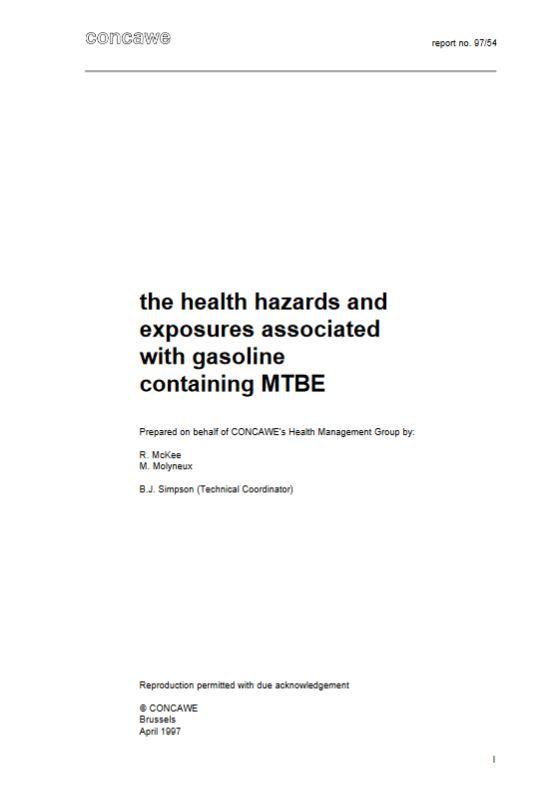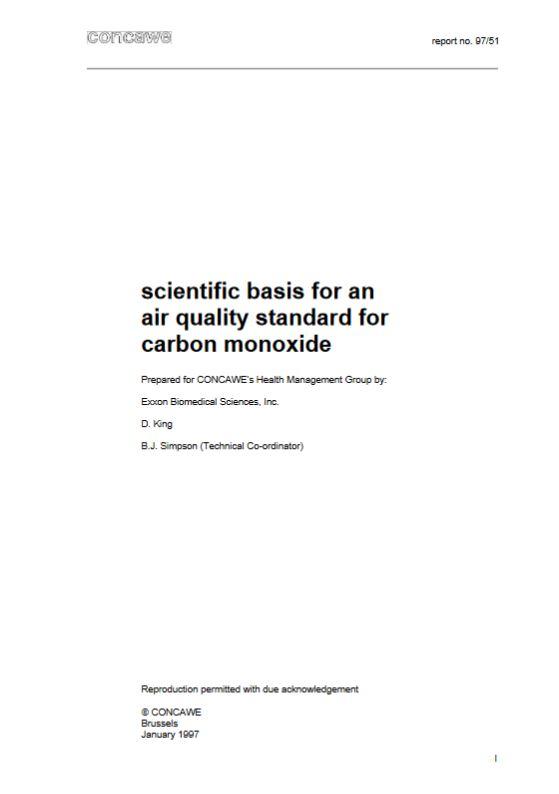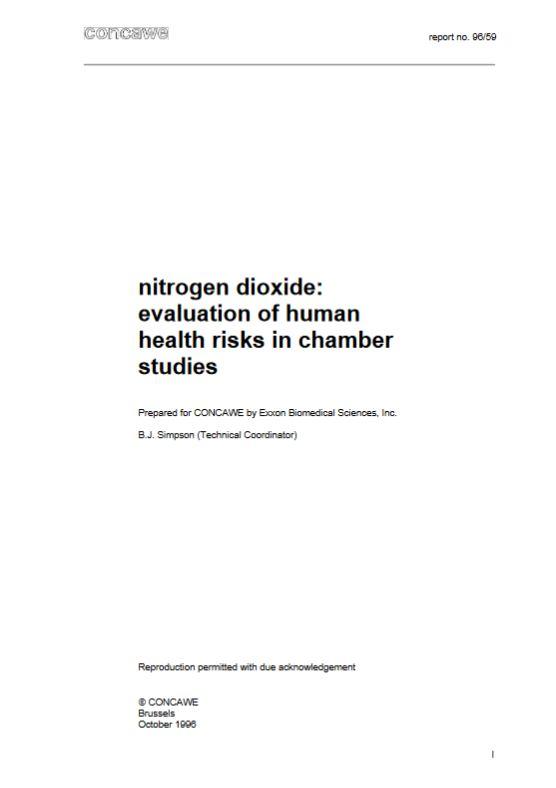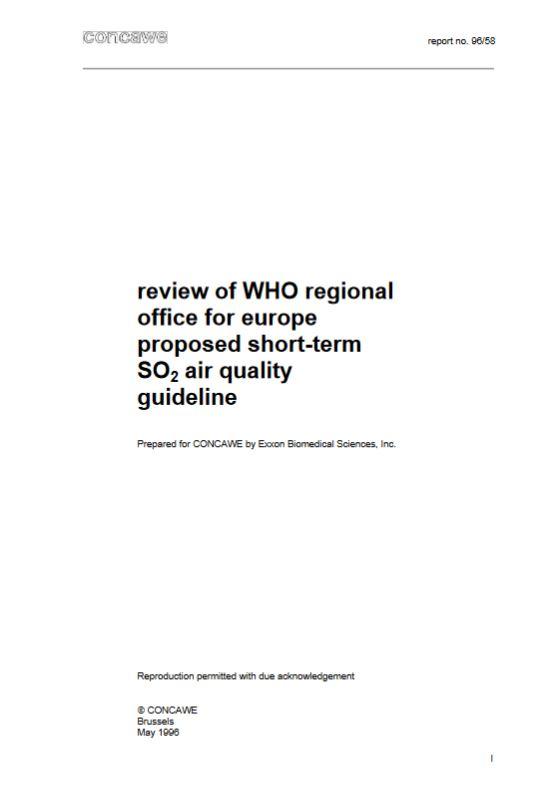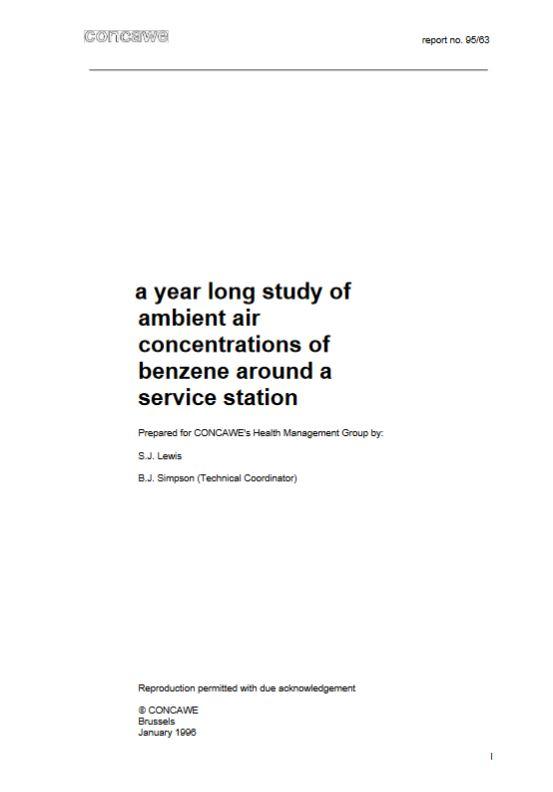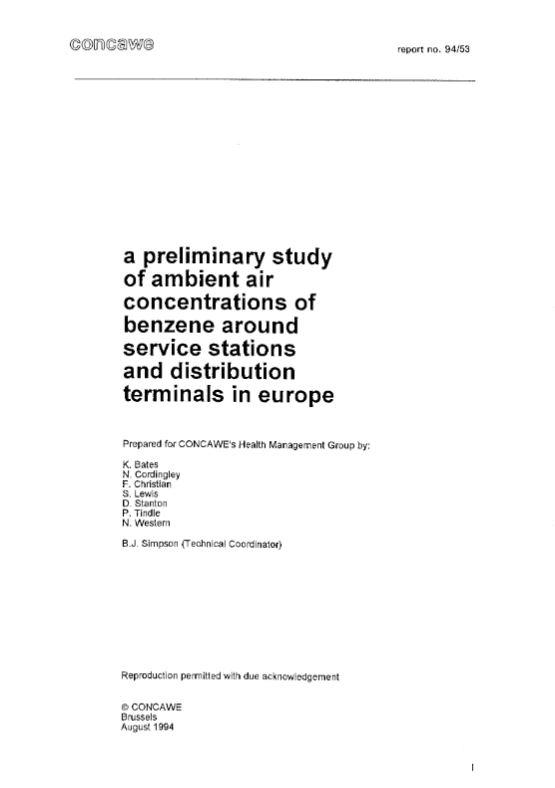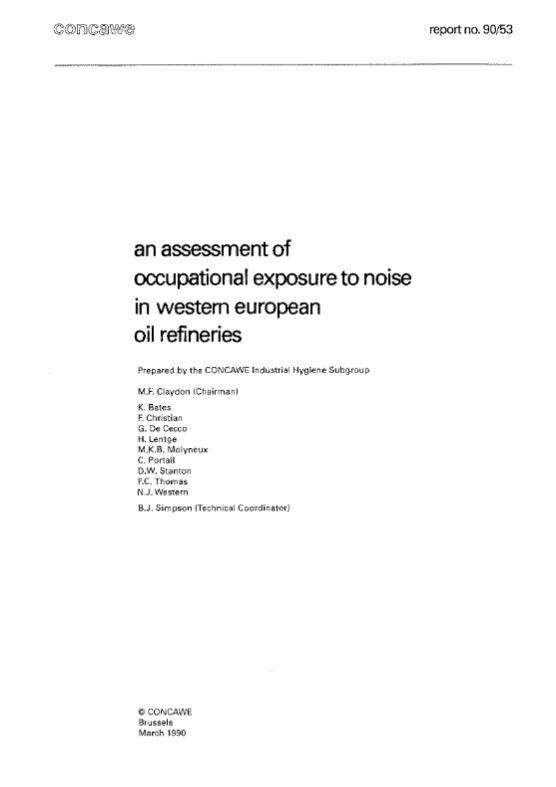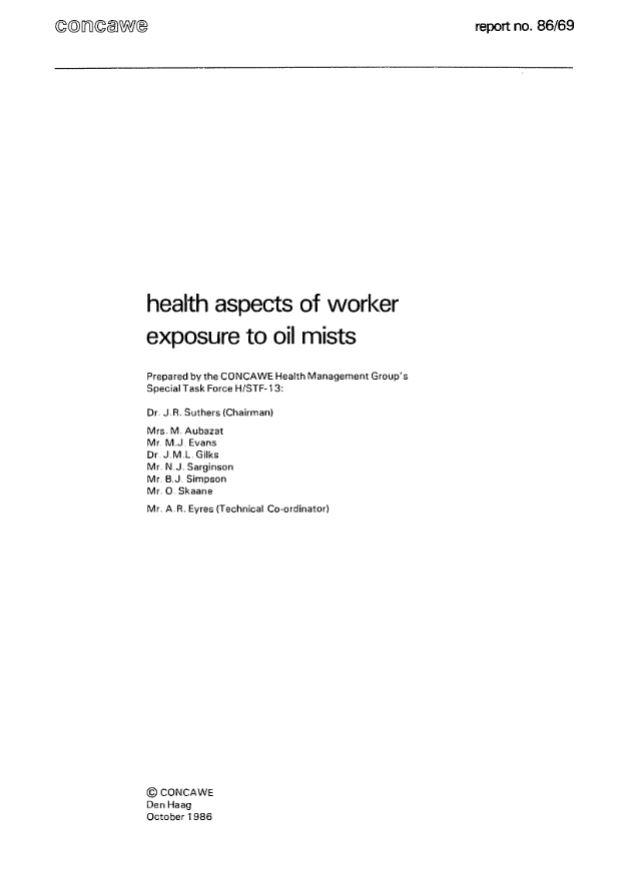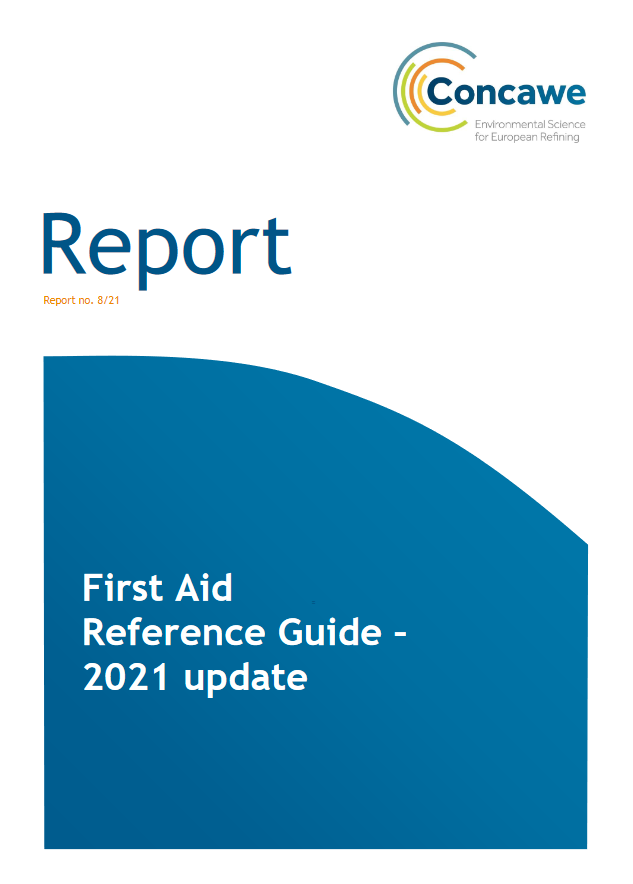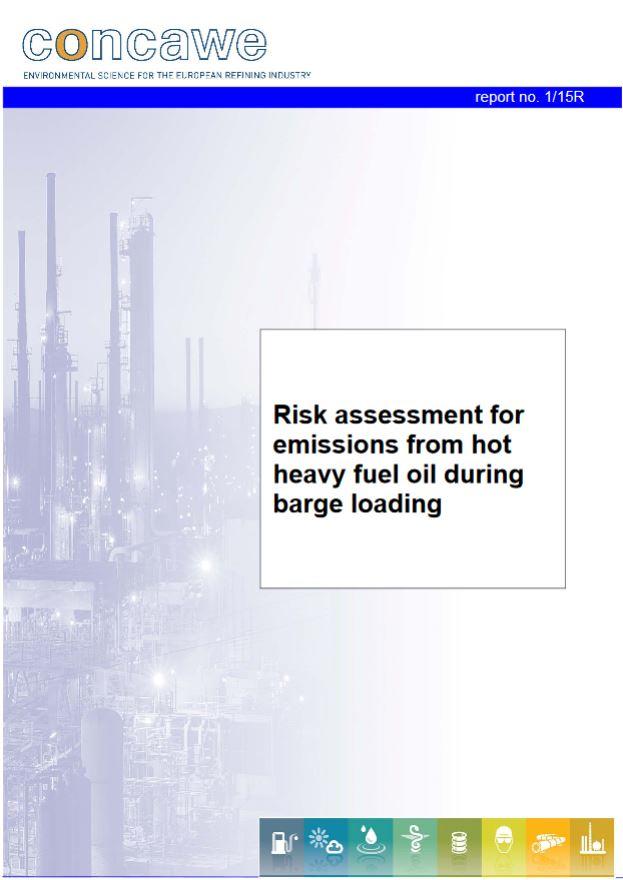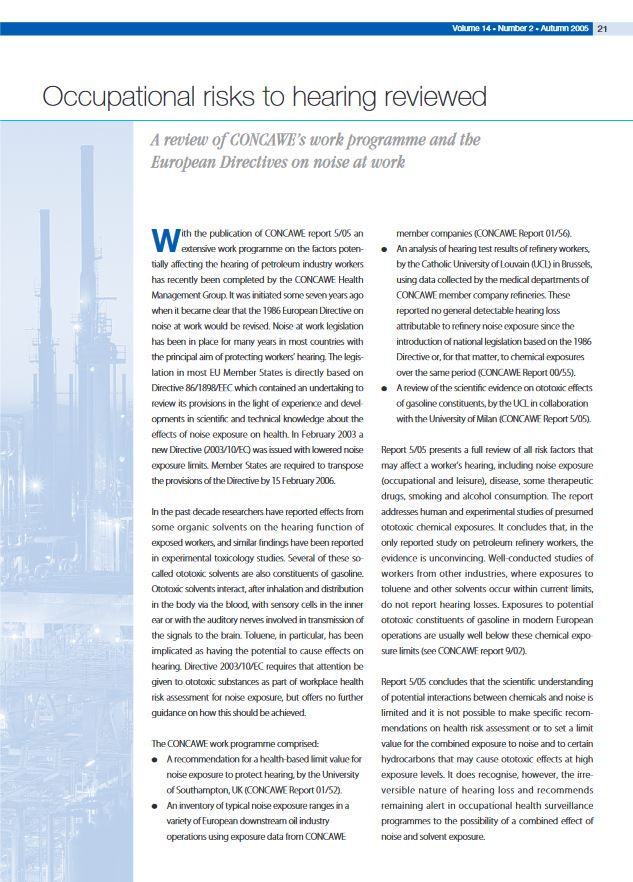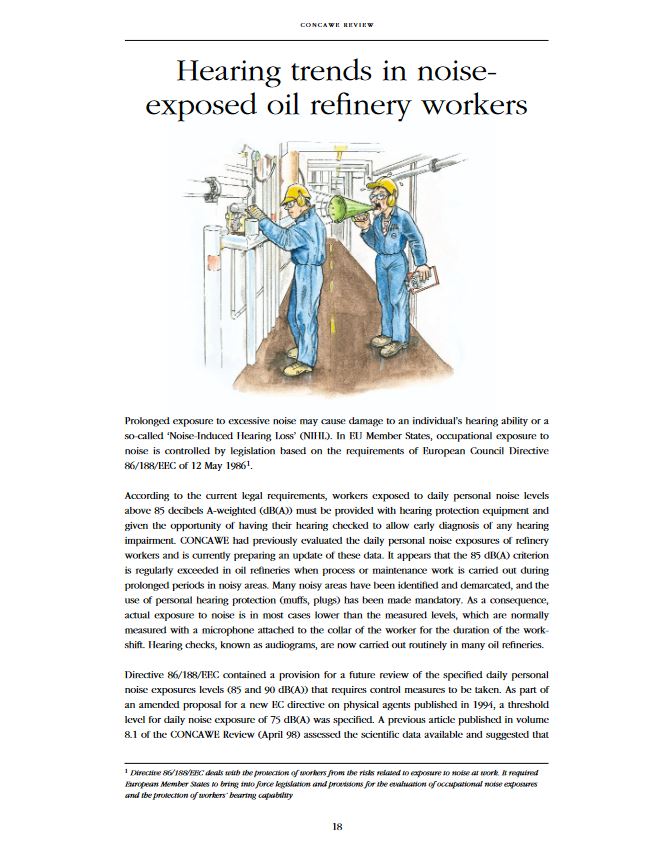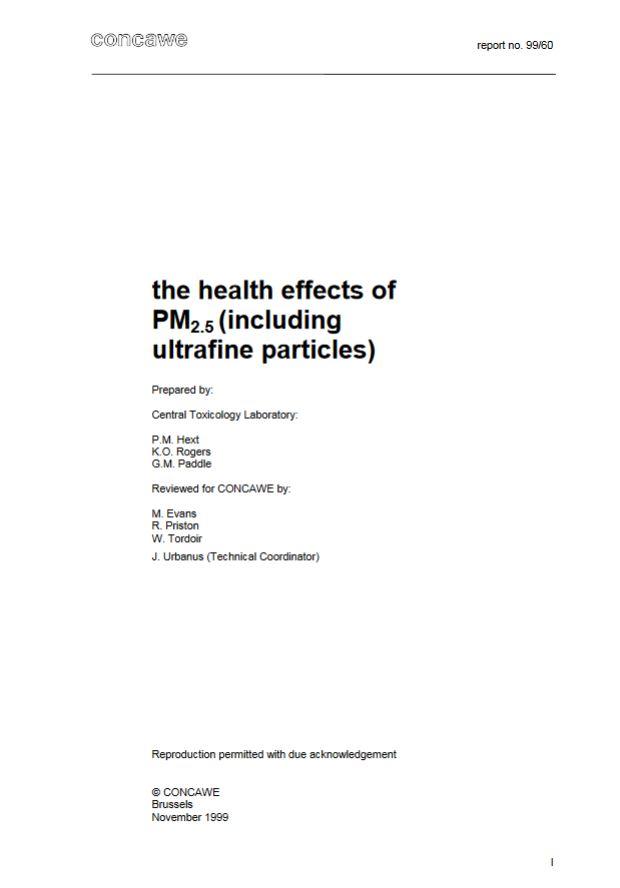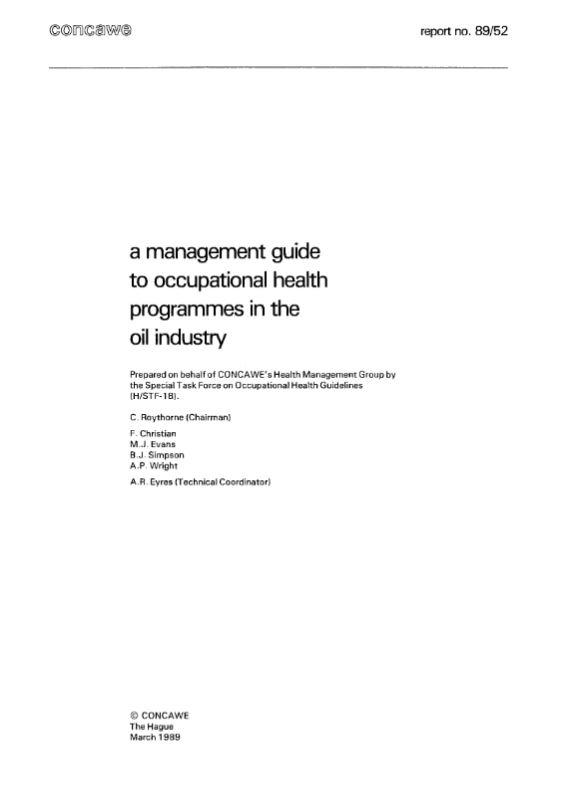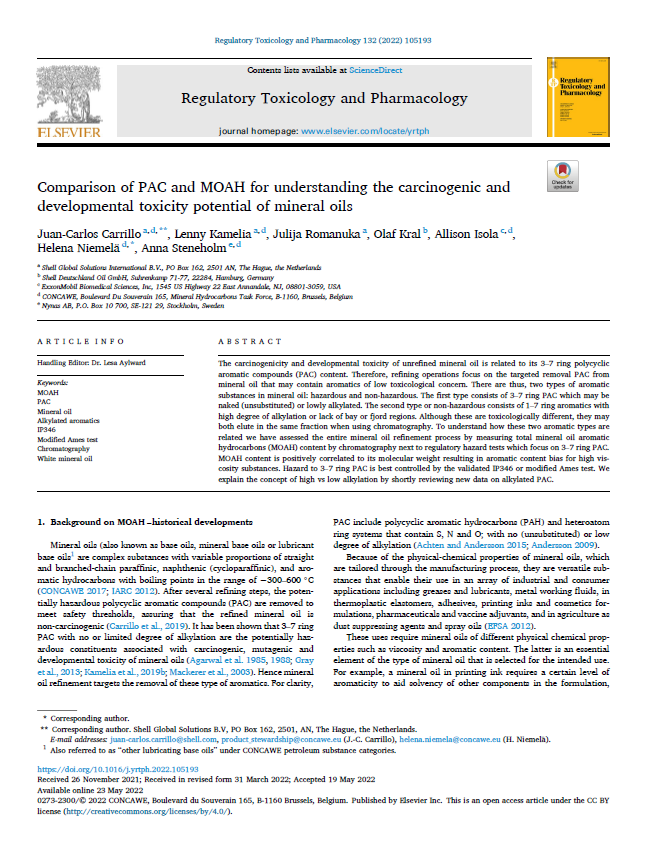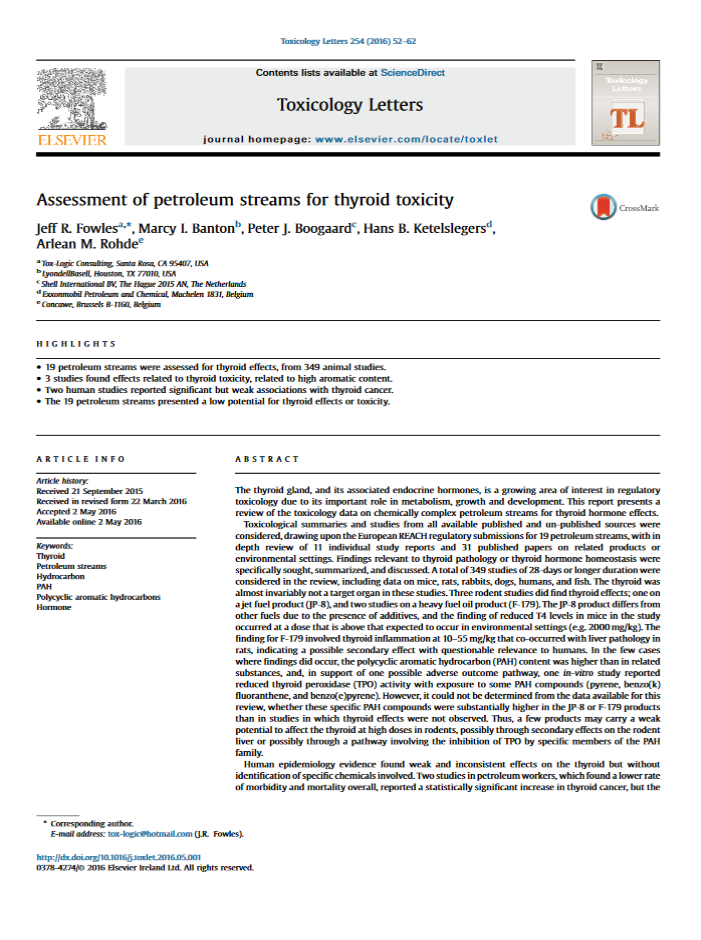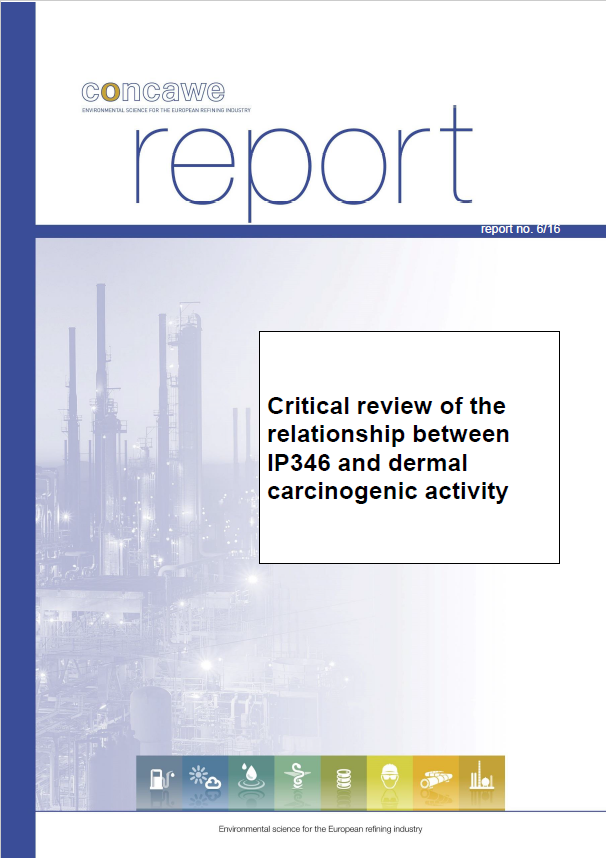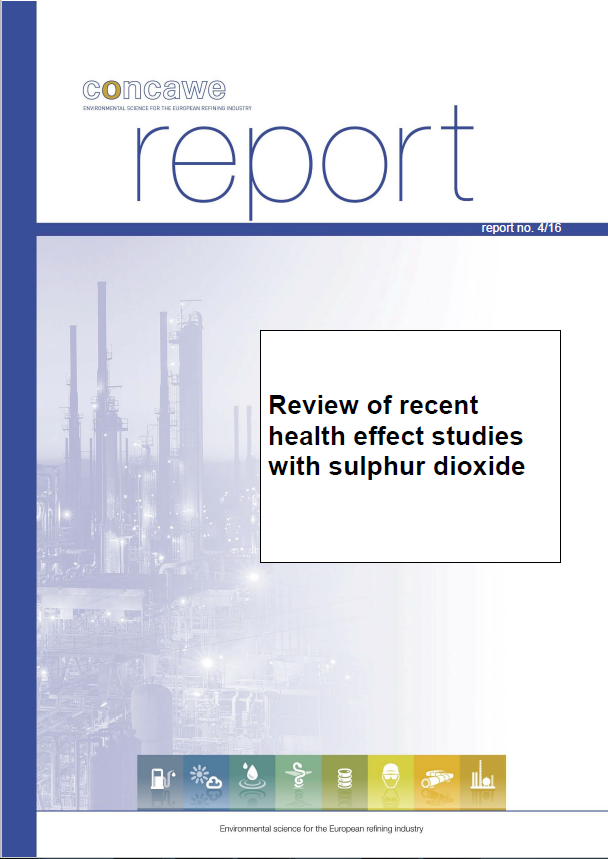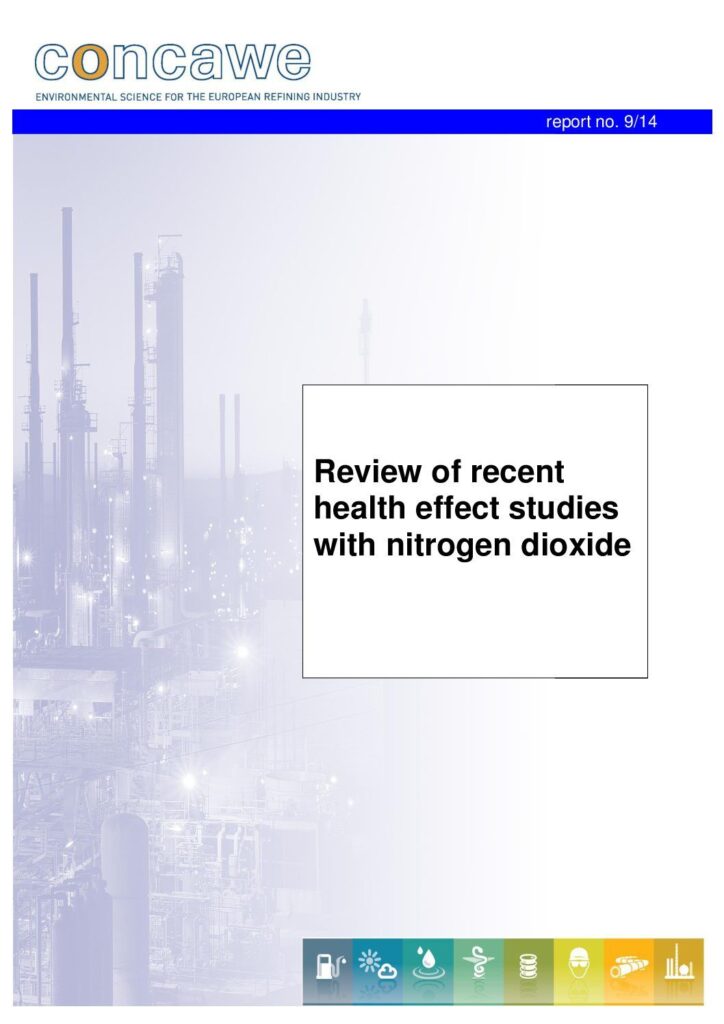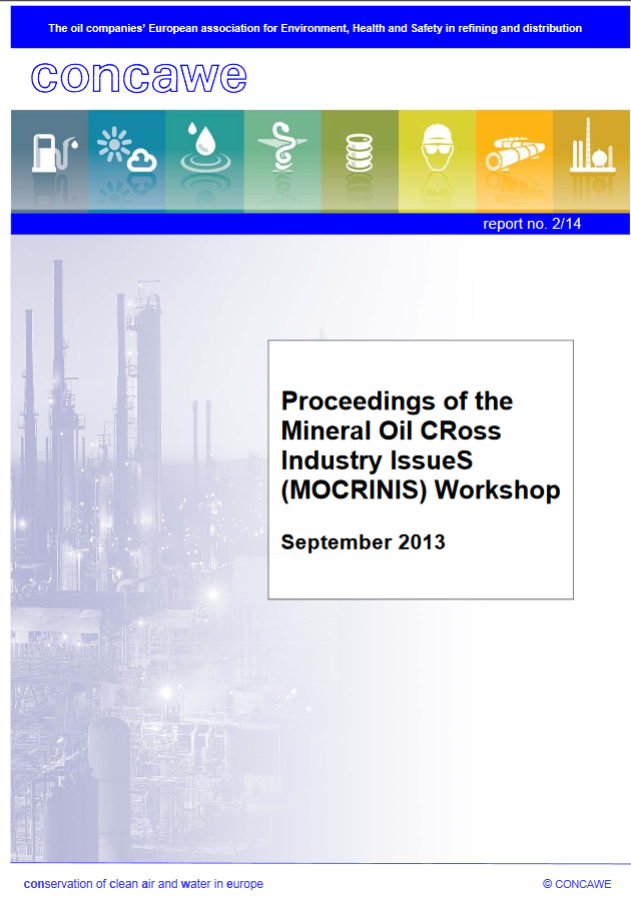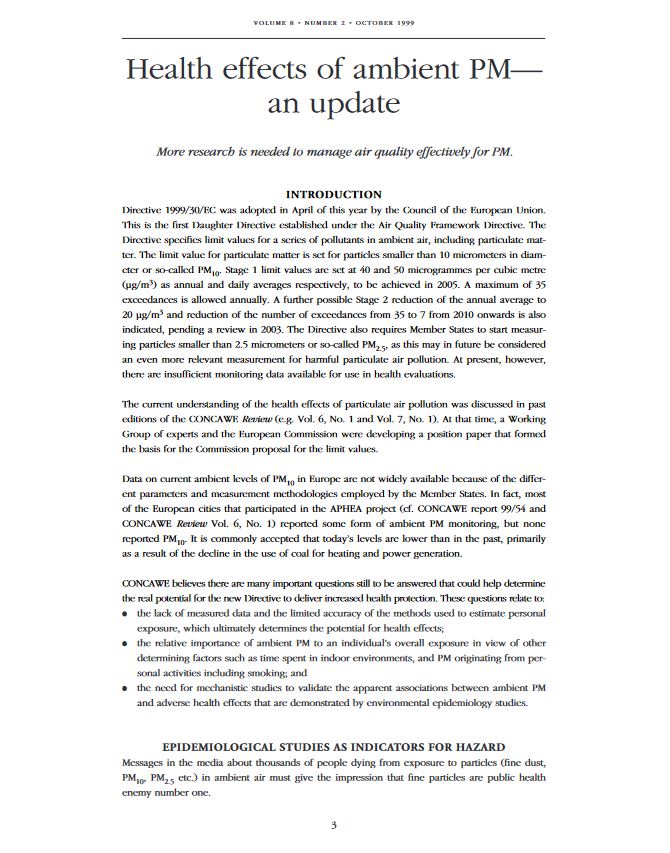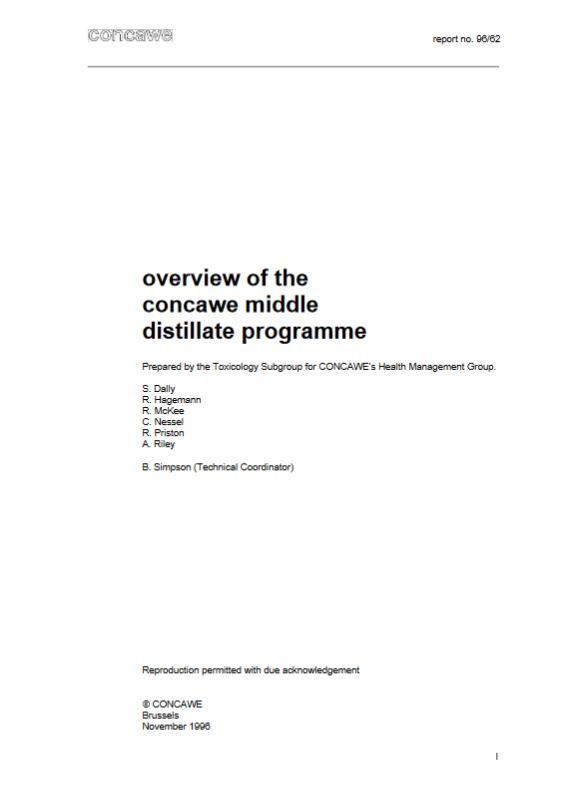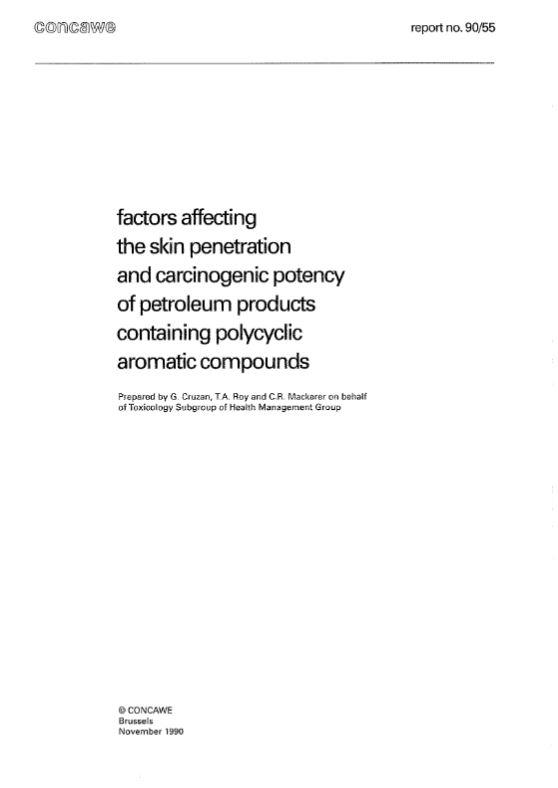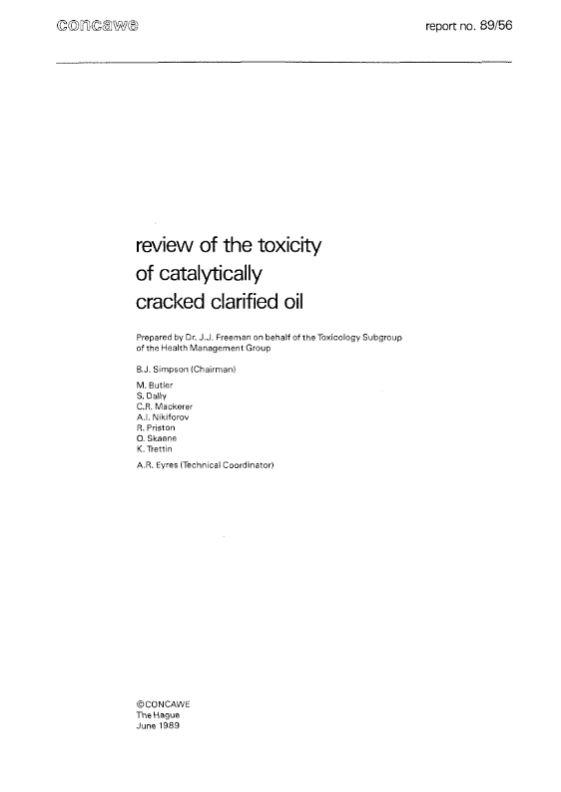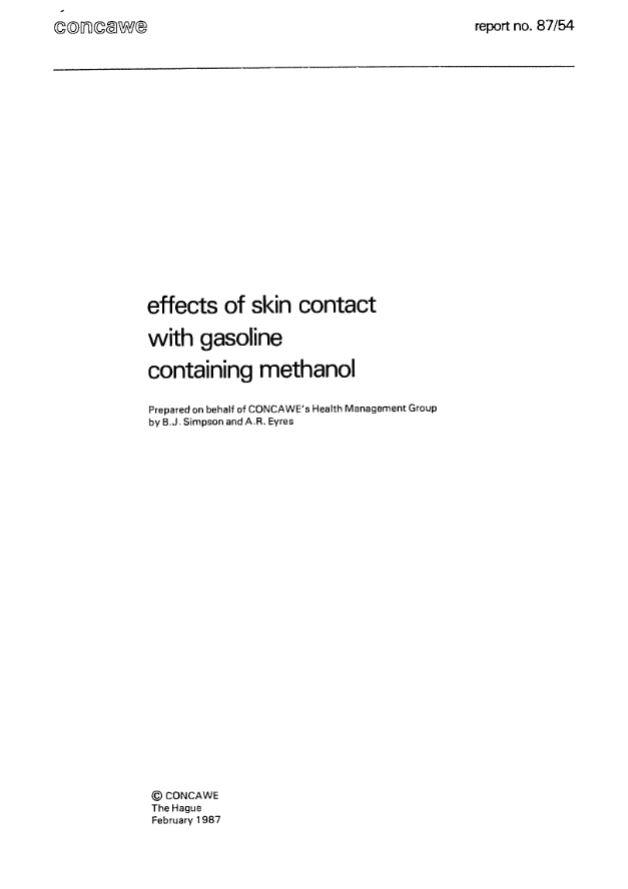Health Impact
Since its founding in the early 1960s, Concawe has played a leading role in advancing human health protection within the European refining and fuel manufacturing sector. Initially focused on occupational health management, Concawe helped define the principles and practices that underpin safe operations in refineries and distribution networks worldwide. Over time, this scope has expanded to address broader human health challenges, including the effects of air quality on public health, consumer safety, and the complex requirements of chemical and health-related legislation, most notably compliance with the EU’s REACH regulation.
A central tenet of Concawe’s work is that effective legislation must be grounded in robust, transparent science. Understanding how petroleum substances and related products interact with biological systems—especially at the low exposure levels typical of real-world conditions—is essential for designing protective and proportionate measures. To this end, Concawe harnesses the expertise of specialists from its Member Companies across key disciplines such as toxicology, exposure science, and occupational health.
- Toxicology: Concawe gathers and evaluates both experimental data and epidemiological evidence to enable science-based risk assessment and regulatory decision-making, ensuring protection against adverse health effects.
- Exposure Assessment: by characterizing and quantifying human exposures, Concawe develops refined methods to estimate risks and evaluate the effectiveness of interventions aimed at reducing those risks.
- Occupational Health: building on its historic foundation, Concawe continues to develop strategies to prevent workplace hazards, with emphasis on proactive health protection for workers.
Beyond its in-house expertise, Concawe actively engages with the wider scientific community, regulators, and stakeholders to identify research priorities that advance the safe use of petroleum-derived substances. It regularly commissions high-quality, peer-reviewed studies that contribute to the global knowledge base on health protection. Increasingly, Concawe also supports the integration of New Approach Methodologies (NAMs)—such as in vitro and computational models—to reduce reliance on animal testing while maintaining rigorous scientific standards.
Through these activities, Concawe serves as a trusted scientific partner, committed to bridging industry knowledge with regulatory needs. Its mission in the human health sphere remains clear: to ensure that policies and practices are informed by evidence, that worker and public health are safeguarded, and that hydrocarbon substances in Concawe’s portfolio are managed responsibly in line with evolving regulations and societal expectations.
Upcoming Events
Past Events
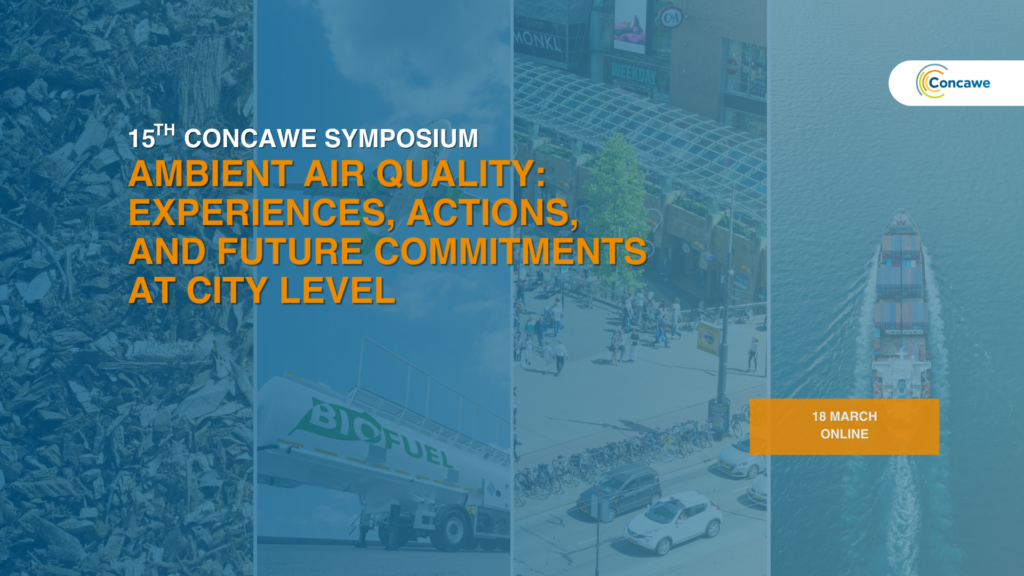
15th Concawe Symposium – Ambient air quality: Experiences, actions and future commitments at city level
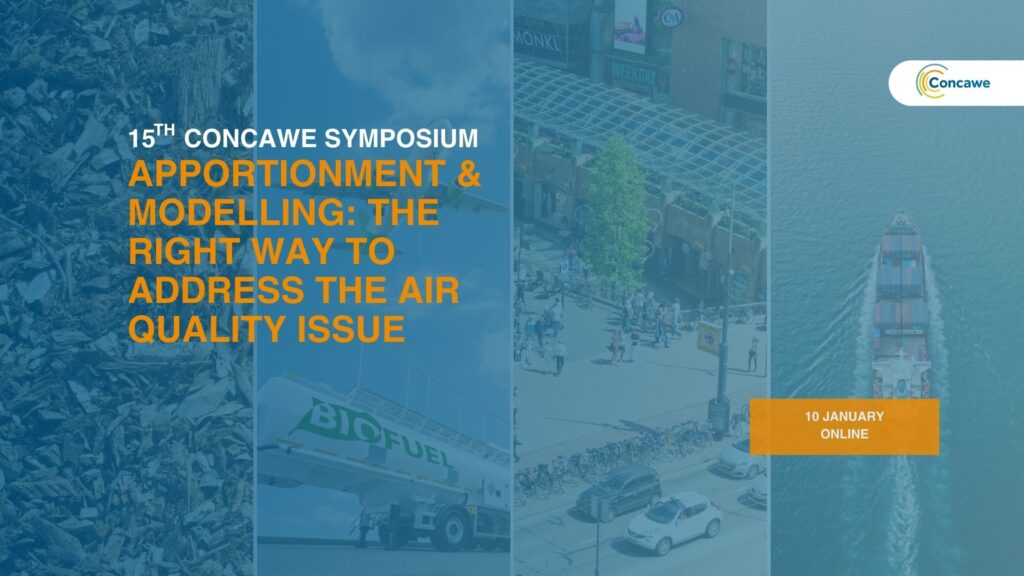
15th Symposium – Apportionment & modelling: the right way to address the air quality issue

